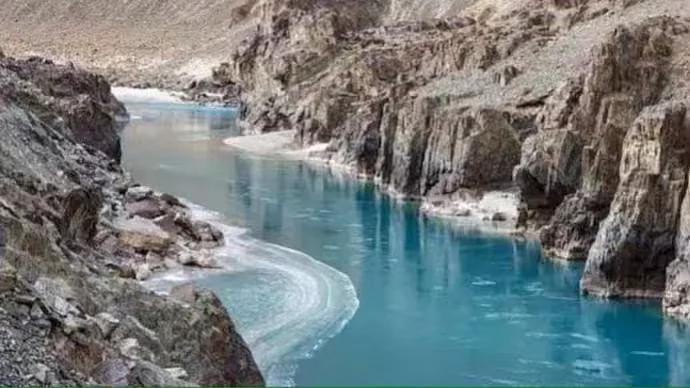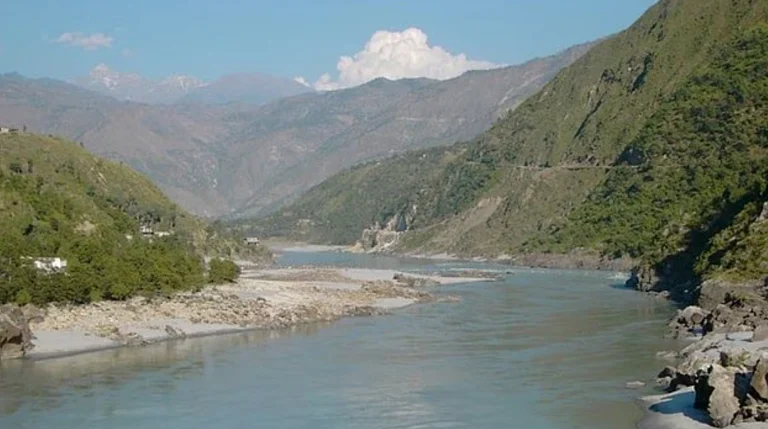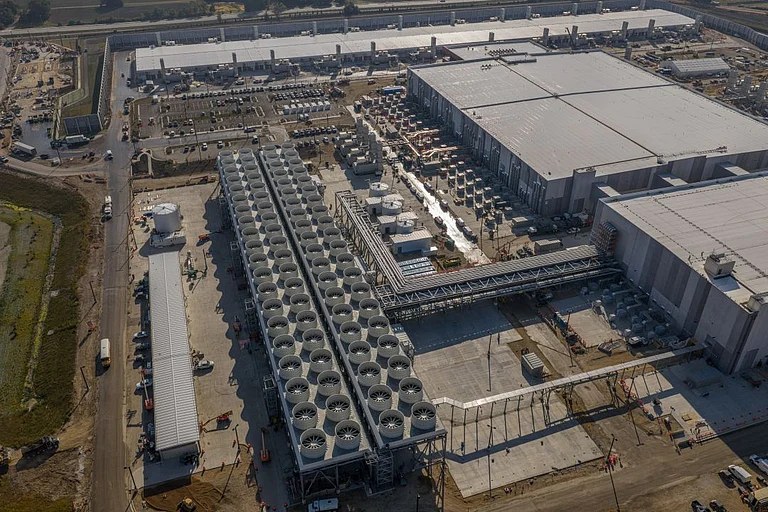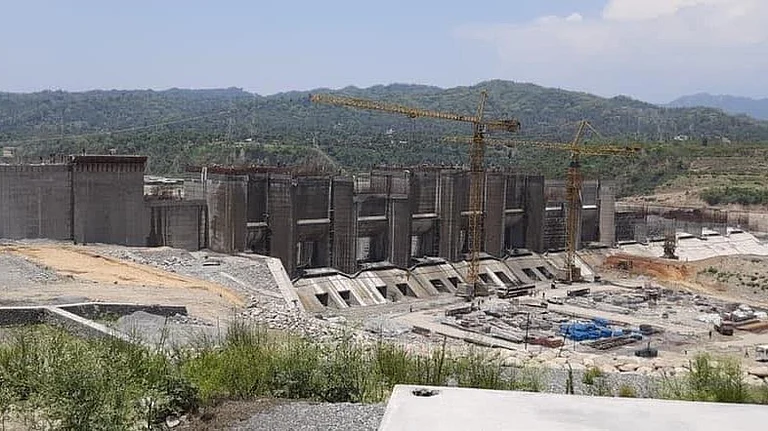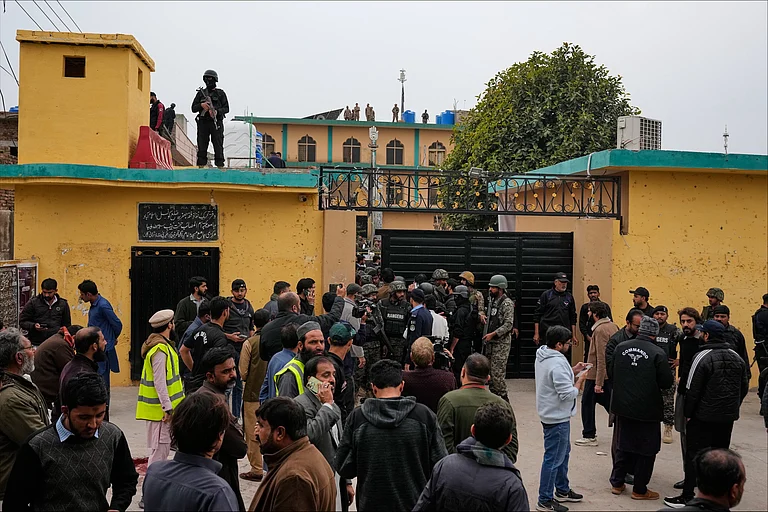A day after the heinous militant attack killing 26 people and injuring several others in Jammu and Kashmir's Pahalgam on Tuesday, India on Wednesday announced a few retaliatory measures against Pakistan including the suspension of the Indus Water Treaty (IWT).
Announcing a diplomatic downgrade with Pakistan after an over two-hour long cabinet meeting presided by PM Modi, Foreign Secretary Vikram Misri said that the treaty will be kept in abeyance with immediate effect till Pakistan stops cross border terrorism.
What Is Indus Water Treaty?
The Indus Water Treaty (IWT) is a water-sharing agreement between India and Pakistan with the World Bank being a signatory of the pact which was signed in 1960.
The treaty set out a mechanism for cooperation and information exchange between the two countries regarding use of waters of a the Indus River system, which flows through both countries. .
However, there have been disagreements and differences between India and Pakistan over the treaty.
The River System
The partition of British India in 1947 left the water resources of the Indus River system divided between India and Pakistan.
This division led to significant disputes over water rights, as the headworks of major canals controlling Pakistan’s irrigation systems were in India. To resolve the issue, a formal mechanism was needed to manage water sharing between the two nations.
The Indus River system consists of six major rivers - Indus, Jhelum, Chenab, Ravi, Beas, and Sutlej.
These rivers flow from the Himalayas through India and Pakistan, with some originating in Tibet and Kashmir.
The rivers are vital for agriculture, drinking water, and hydropower generation for both countries, making their management critical.
The treaty allocates the waters of the rivers based on a division of the river system which allowed both the nations to develop their respective river systems for agriculture and industry, while also ensuring that Pakistan received the majority of the Indus Basin’s waters, which are essential for its economy.
While the treaty allocates unrestricted use of eastern rivers (Ravi, Beas, Sutlej) to India for irrigation, hydropower, and other purposes, the western rivers (Indus, Jhelum, Chenab) are allocated primarily to Pakistan.
India Seeks Modification
In 2024, India issued a formal notice to Pakistan seeking a review of the 1960 Indus Water Treaty. The notice highlights that the treaty has been imbalanced since its inception, and certain provisions require reassessment.
India also referenced ongoing terrorist activities originating from Pakistan, stating that Pakistan has been exploiting India's goodwill. As per Article 12 (3) of the treaty, its provisions can be modified through a mutually ratified agreement between the two governments.
In January 2023 as well India issued a similar notice seeking modifications to the 1960 Indus Waters Treaty (IWT) after Pakistan attempted to unilaterally alter the dispute resolution process between the two countries.
What Are The Challenges?
India’s development of hydroelectric projects including the Krishanganga and Ratle projects on the western rivers has raised concerns in Pakistan, which fears these projects could reduce water flow. Disputes over such projects have led to arbitration cases.
Drastic changes in weather patterns due to climate change are causing variations in river flows. With increasing water demand and unpredictable monsoons, both countries face challenges in managing water resources effectively.
The ongoing conflict in Kashmir, where several of these rivers flow, has put pressure on the treaty. At times, Indian officials have suggested reviewing or even suspending the treaty as part of political retaliations, although no formal action has been taken on this front.



